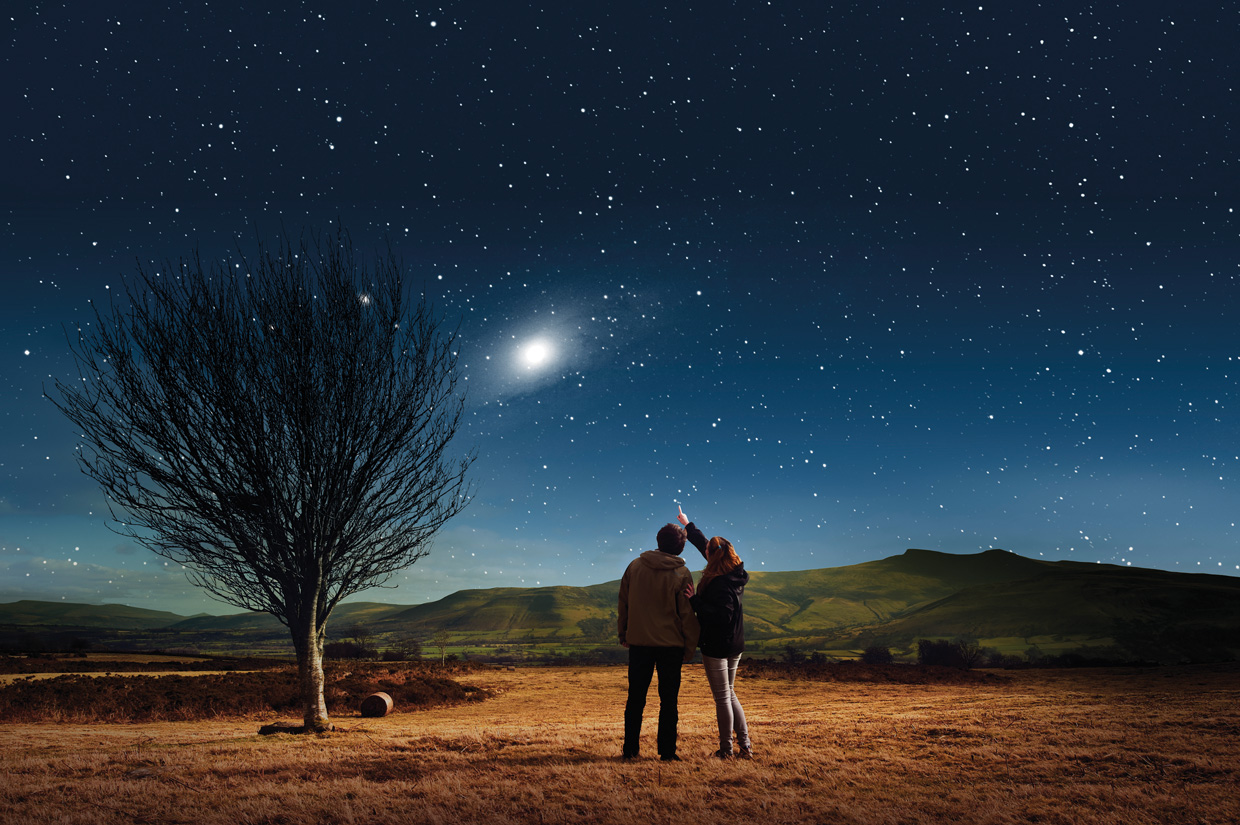
Stargazing
The best places in the world to stargaze
If you’ve spent your life looking up at the night’s sky from busy urban areas, be prepared for a surprise! Seeing the twinkly star-studded sky across the vast landscape of National Parks is a real spectacle that you won’t forget in a hurry.
With less light pollution than the rest of the UK, National Parks are an astronomers’ delight and offer a wealth of stargazing opportunities for all.
Get Inspired
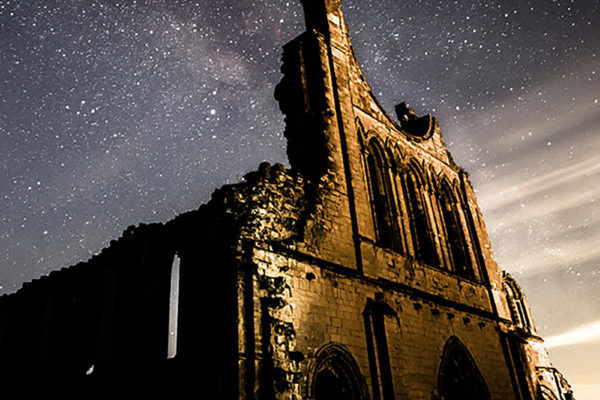
North York Moors
Discover the panoramic views of the North York Moors’ Dark Skies, the latest National Park to join the International Dark Sky Reserve family.
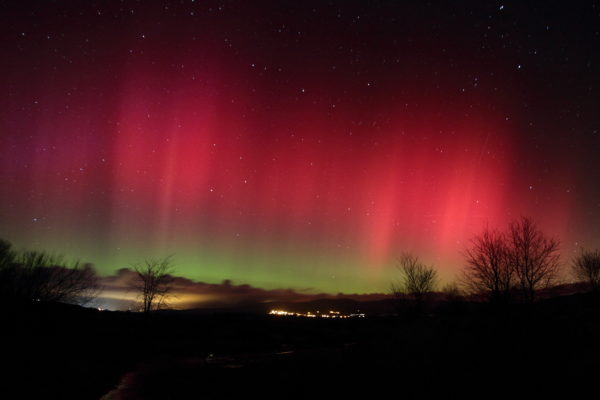
Eryri (Snowdonia)
Eryri (Snowdonia) was designated an International Dark Sky Reserve in 2015.
Bannau Brycheiniog (Brecon Beacons)
On a clear night in the Bannau Brycheiniog (Brecon Beacons), you can see the Milky Way, major constellations, bright nebulas and even meteor showers.
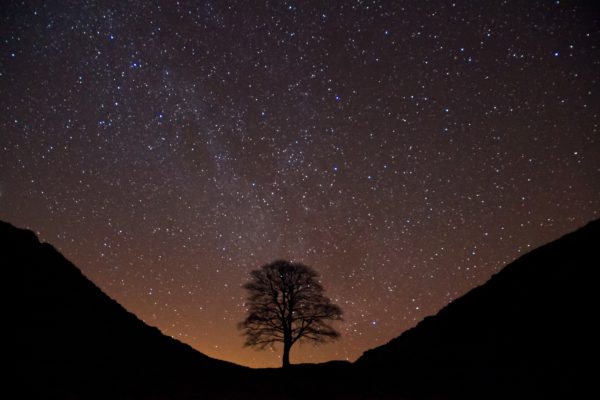
Northumberland
Home to England’s first International Dark Sky Park. Discover Northumberland's many dark sky sites where you can see millions of stars, far away from light pollution.
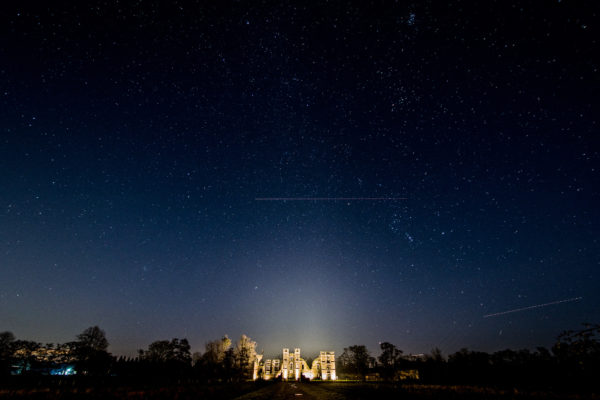
South Downs
One of only 18 International Dark Skies Reserves, the South Downs is one of the best places to stargaze in the UK.
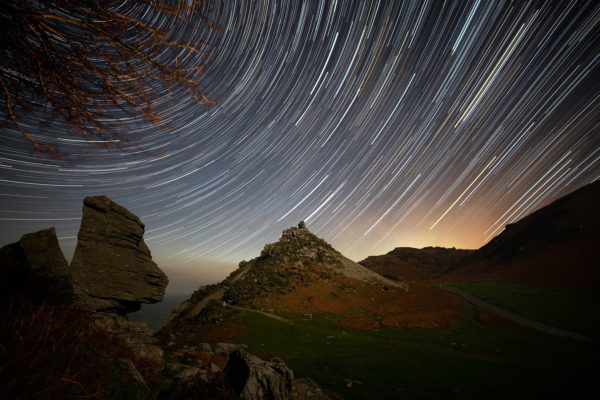
Exmoor
Home to Europe’s first International Dark Sky Reserve. Exmoor Dark Skies are ideal to discover stargazing.
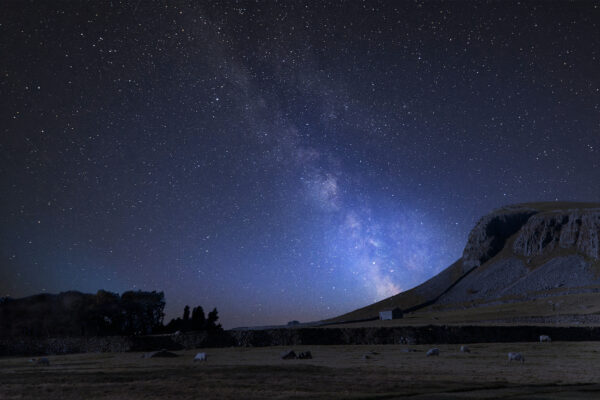
Yorkshire Dales
The Yorkshire Dales National Park has been designated as an International Dark Sky Reserve, joining an exclusive global family of Dark Sky Places.
Did you know?
Beginner’s guide to stargazing
Never stargazed before? Here are some top tips to get you started and enjoy an astronomically amazing adventure!
Choose a night when the skies are clear. Stargazing is best around a New Moon, when the skies are at their darkest.
Take a blanket or mat to lie on and wrap up warm – it can get cold under a dark sky! Take some snacks and a hot drink.
Allow time for your eyes to adjust to the darkness – this takes around 20 minutes. Turn off anything that shines a white light. If you need a torch, use one with a red lens, which will not affect your night-time vision.
There are many free astronomy apps that you can download to transform your mobile into a planetarium in your palm that will help guide you around the sky at night.
Come to one of our Dark Skies Festivals – they are a great starting point and will inspire you!
You’ll see lots with the naked eye, but as you progress, why not invest in pair of 10×50 binoculars and then work up to a telescope, which will give you years and years of enjoyment.
Happy star hunting!